
Bayer 04 Leverkusen is a prominent German football club based in Leverkusen, North Rhine-Westphalia. The club is one of the most successful and competitive teams in Germany's Bundesliga. Founded in 1904, it is widely known for its strong ties to the Bayer AG pharmaceutical company, which has been its principal supporter since its inception. Over the decades, Bayer Leverkusen has established itself as a consistent top-tier club in both domestic and European competitions.
The club’s fanbase, its rich history, and its cultural significance within German football make it one of the most respected teams in Europe.

Bayer Leverkusen’s colors are black and red, representing the city’s industrial roots and the club's strong connection to Bayer AG. The iconic Bayer Cross symbol, introduced in 1936, remains central to the club's identity. The Bayer Cross was initially part of the company logo and now stands as a significant emblem for the club’s footballing ambitions. Over the years, it has been updated and refined, but the essence of the symbol remains unchanged.

Bayer Leverkusen has been home to many legendary players over the years. Some of the most iconic figures in the club’s history include:

Bayer Leverkusen plays their home matches at the BayArena, which boasts a seating capacity of 30,210 spectators, including 3,000 standing places. The stadium was initially called the Ulrich-Haberland-Stadion, named after a former club president. However, after multiple renovations and upgrades, it was renamed BayArena in 1999. The stadium is entirely covered and provides fans with top-tier facilities. Notably, it was expanded in 2009 to accommodate more spectators, and in 2024, Bayer Leverkusen became the first Bundesliga team to complete a season undefeated, with their fans witnessing this historic moment live at the BayArena.

Bayer Leverkusen has a loyal and passionate fanbase, which includes over 70,000 members spread across more than 355 fan clubs. The fan culture is vibrant, with ultra groups such as the "Mad Boyz" contributing significantly to the club's atmosphere. Founded in the early 1990s, the Mad Boyz were among the first ultra-oriented fan groups in Germany.
The fanbase is notably proud of their club's commitment to attractive, high-quality football, and they share a deep bond with the club’s history and values.

Bayer Leverkusen's most notable rivalries include:
Additionally, there is a rivalry with Fortuna Düsseldorf due to the geographical closeness, though it doesn’t carry the same intensity as the aforementioned rivalries.
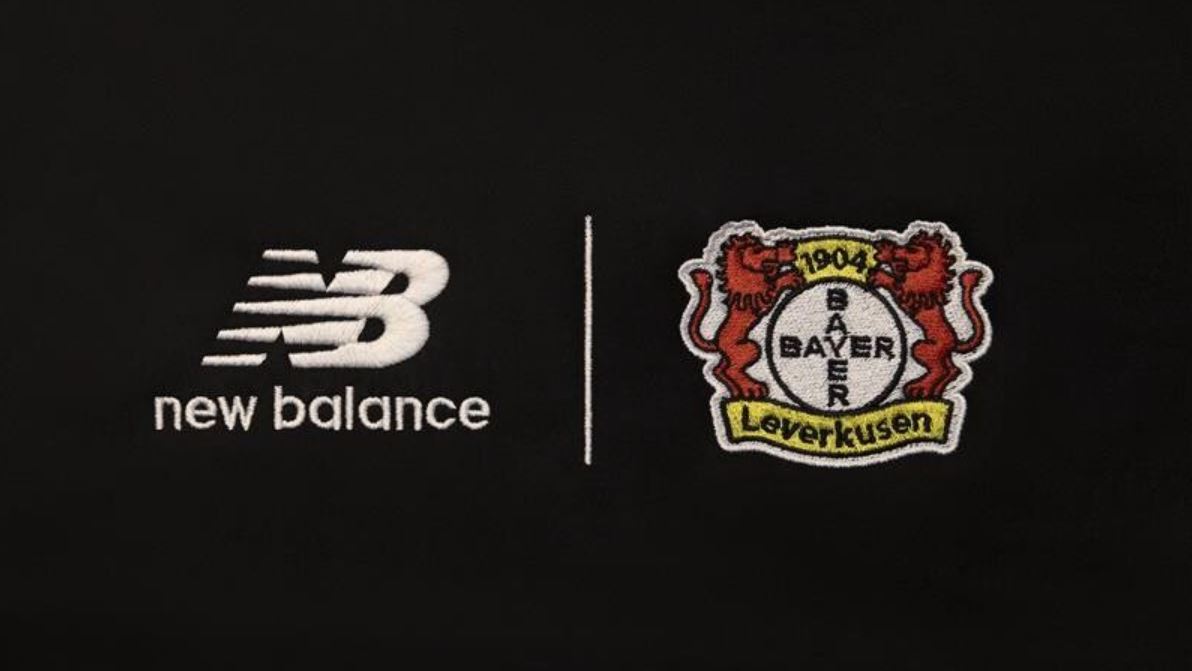
Bayer Leverkusen maintains strong ties with its parent company, Bayer AG, which has supported the club since its foundation. In line with its deep corporate connections, Bayer Leverkusen benefits from numerous strategic partnerships with both domestic and international companies. The club has also gained substantial commercial visibility through sponsorships with global brands, strengthening its financial position and enabling the club to remain competitive on the international stage.

Bayer Leverkusen achieved a historic milestone in the 2023/24 season by becoming German champions for the first time in their history. They finished the season undefeated, with 28 wins and 6 draws, and set a Bundesliga record for the most points ever accumulated in a season. They also won the DFB-Pokal for the second time, completing a domestic double under the management of Xabi Alonso. In addition to these achievements, the team reached the UEFA Europa League final in 2024, further solidifying their reputation as a top European club.
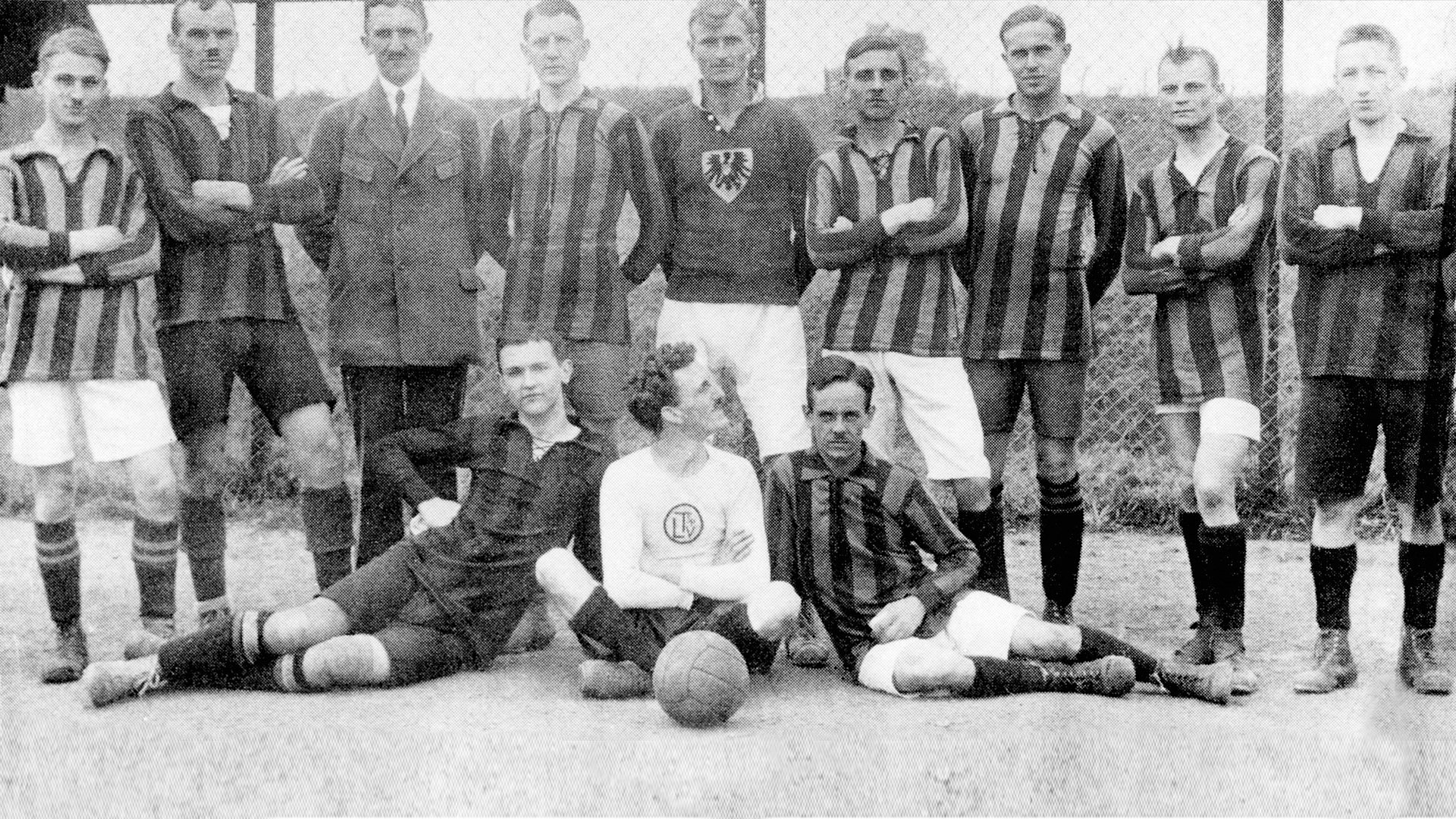
Bayer Leverkusen's origins trace back to 1904, when a group of Bayer AG employees formed the Turn- und Sportverein Bayer 04 Leverkusen e.V.. In 1907, the club's football section was officially established, with black and red colors chosen for the team. During the early years, the club struggled with finding stability, playing in various locations until the Dhünn-Platz became their home in 1914. In the 1920s, the club faced internal divisions and the football section separated to form the FV 04 Leverkusen, which later merged with the Box- und Sportverein Wiesdorf to form SV Bayer 04 Leverkusen.
By the late 1930s, Bayer Leverkusen had made significant strides, climbing the regional ranks and adopting the Bayer Cross symbol in 1936, a trademark that would define the club’s identity for years to come. In 1949, the club won the Rheinbezirksstaffel, which set the stage for their promotion to the Oberliga in 1951, a period that marked the beginning of their rise in German football.

In the early 1950s, Bayer Leverkusen quickly established itself as a competitive team in the Oberliga West. Despite experiencing relegation in the mid-1950s, the club bounced back and, by 1962, Bayer Leverkusen was a part of the Regionalliga West, which laid the foundation for future growth. In 1975, the club earned promotion to the 2. Bundesliga, marking the beginning of their ascent to the Bundesliga.
In 1979, Bayer Leverkusen achieved its long-awaited dream of Bundesliga promotion. This phase marked the club's entry into Germany’s top-tier football competition, a feat that has remained intact ever since. Their early years in the Bundesliga were challenging, and they faced relegation battles, especially in the 1981/82 season, where they narrowly avoided relegation through the first-ever Bundesliga relegation playoff against Kickers Offenbach.

The 1980s were a defining period for Bayer Leverkusen, as they began to establish themselves as a fixture in the Bundesliga. The appointment of Erich Ribbeck as coach in 1985 was a turning point. Under Ribbeck, Bayer Leverkusen reached new heights, including their triumph in the UEFA Cup in 1988, where they defeated Espanyol in a dramatic final.
During the 1990s, the club continued its growth under the leadership of Reiner Calmund and saw the arrival of key players such as Ulf Kirsten and Rudi Völler. 1993 saw Bayer Leverkusen win their first DFB-Pokal by defeating Hertha BSC, and in 1994, they secured a second-place finish in the Bundesliga. However, the club’s continued pursuit of a major league title was thwarted by several close calls.
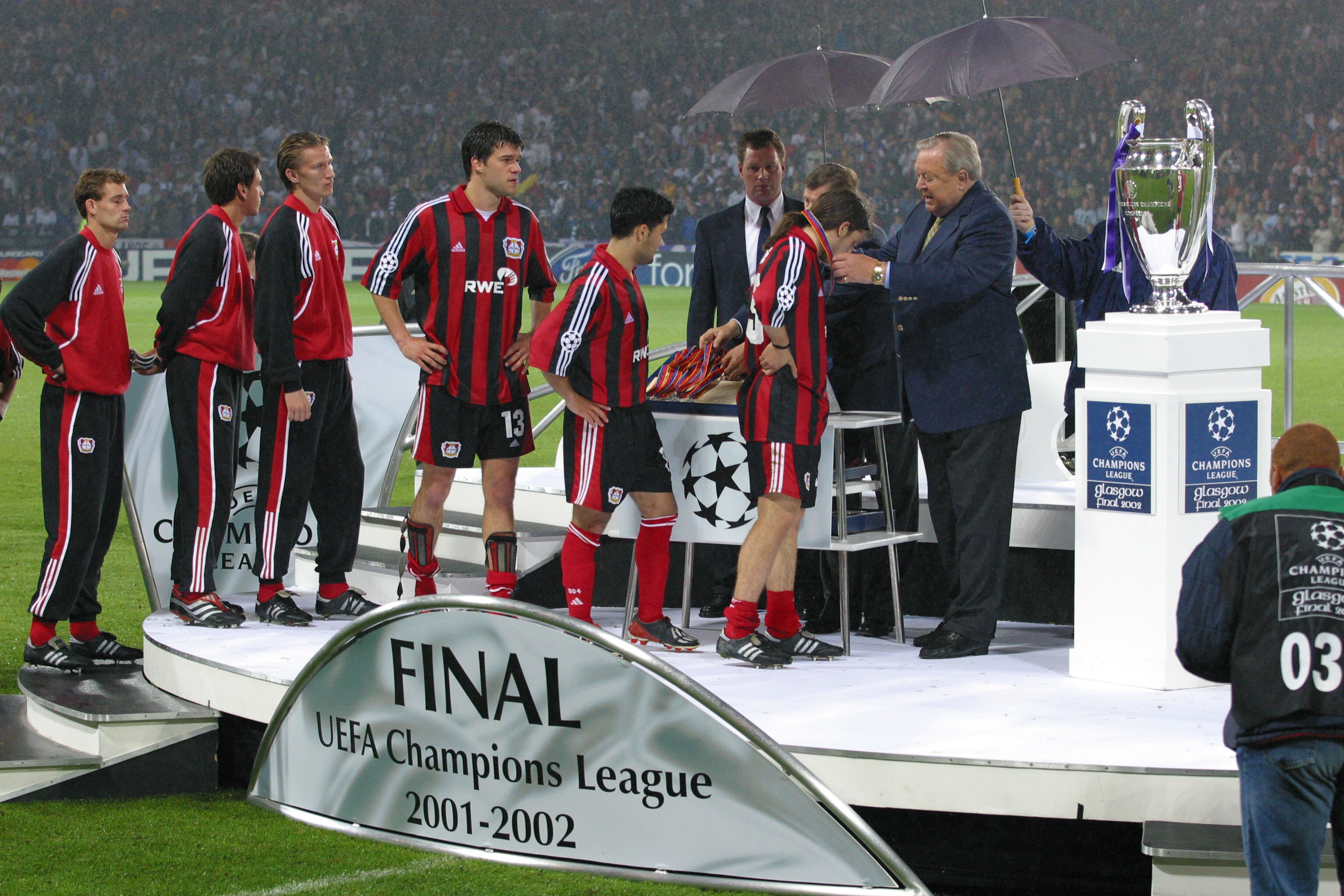
In the late 1990s and early 2000s, Bayer Leverkusen rose to prominence as one of Germany’s top teams, but their near misses in important finals earned them the nickname "Vizekusen" (Eternal Runners-Up). The team, managed by Christoph Daum, finished second in the Bundesliga three times (1997, 1999, 2000). They also reached the final of the 2002 UEFA Champions League, where they lost 2-1 to Real Madrid.
In 2002, the club had a historic season, finishing second in the Bundesliga, second in the DFB-Pokal, and second in the Champions League. This achievement, despite its bittersweet nature, solidified their place as a powerhouse in European football, even if they had failed to secure a major title.
/origin-imgresizer.eurosport.com/2010/01/16/572272-22382596-2560-1440.jpg)
Following their remarkable achievements in 2002, Bayer Leverkusen experienced a period of decline, both in performance and financial stability. In 2003, the club faced relegation threats after the departure of star players like Ballack and Zé Roberto, and manager Klaus Toppmöller was sacked. The team struggled through the 2003/04 and 2004/05 seasons but managed to stay in the Bundesliga.
Despite the struggles, Bayer Leverkusen continued to be competitive, securing Champions League qualifications in the mid-2000s and finishing near the top of the league. In 2009, they finished in fourth place under Jupp Heynckes and had another run in the Champions League. However, Leverkusen’s inability to clinch a title left them with the image of a team full of promise but lacking the necessary edge to win.
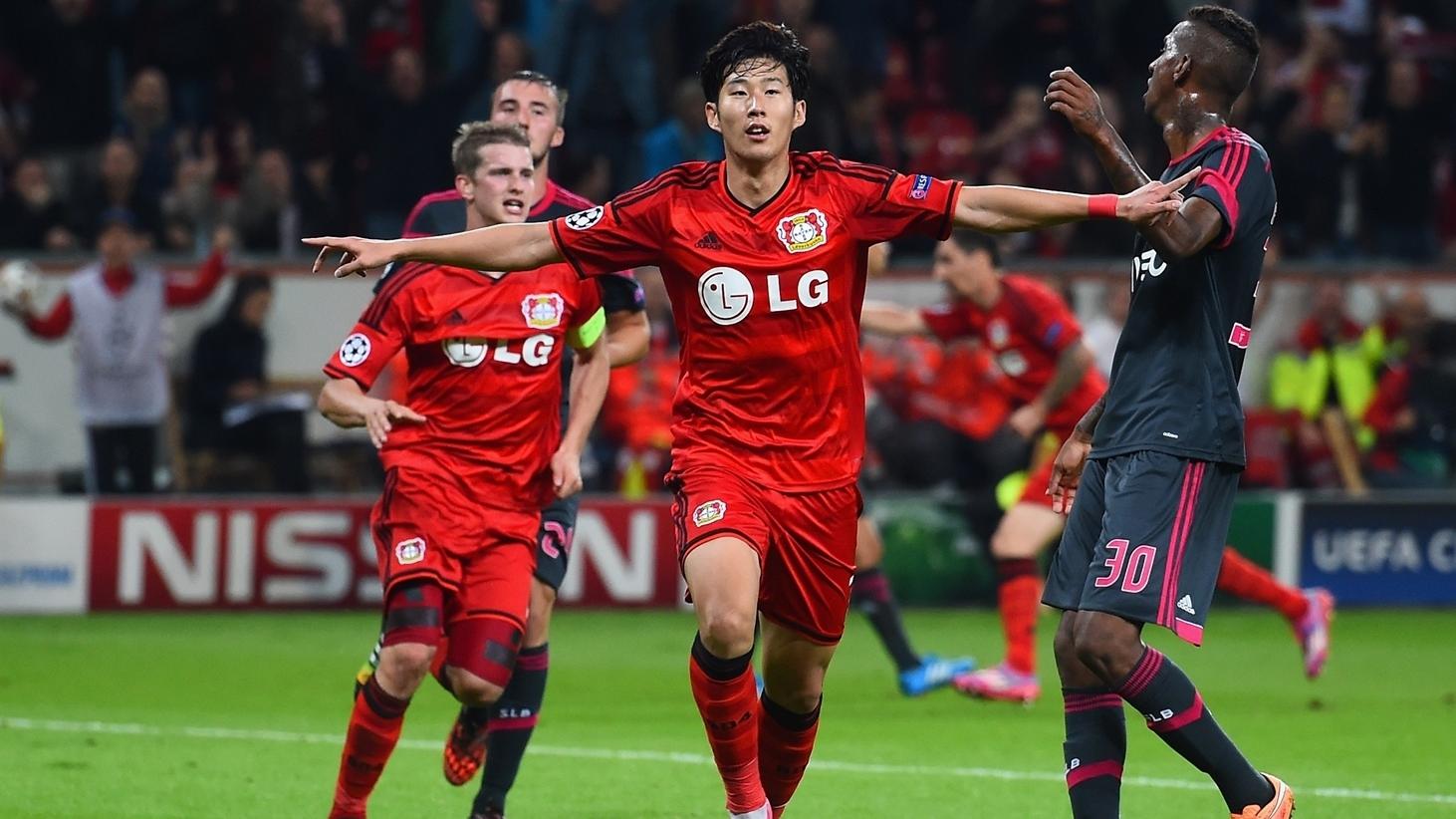
The 2010s marked a phase of rebuilding, with the club appointing Roger Schmidt as manager in 2014. Under Schmidt, Bayer Leverkusen began to play a more dynamic and attacking style of football, earning a top-four finish in the Bundesliga and qualifying for the Champions League in multiple seasons.
However, inconsistency remained, and Bayer Leverkusen often fell short in key matches. Despite the presence of star players like Kai Havertz and Kevin Volland, the team couldn't clinch any major trophies during this period. In 2020, they reached the DFB-Pokal final, but lost to Bayern Munich in a 4-2 defeat.
Xabi Alonso's arrival as manager in 2022 brought renewed hope for the club. Under his guidance, Bayer Leverkusen enjoyed a strong run in the 2022/23 Europa League, reaching the semifinals for the first time in years, finishing sixth in the Bundesliga, and showing signs of returning to their competitive best.
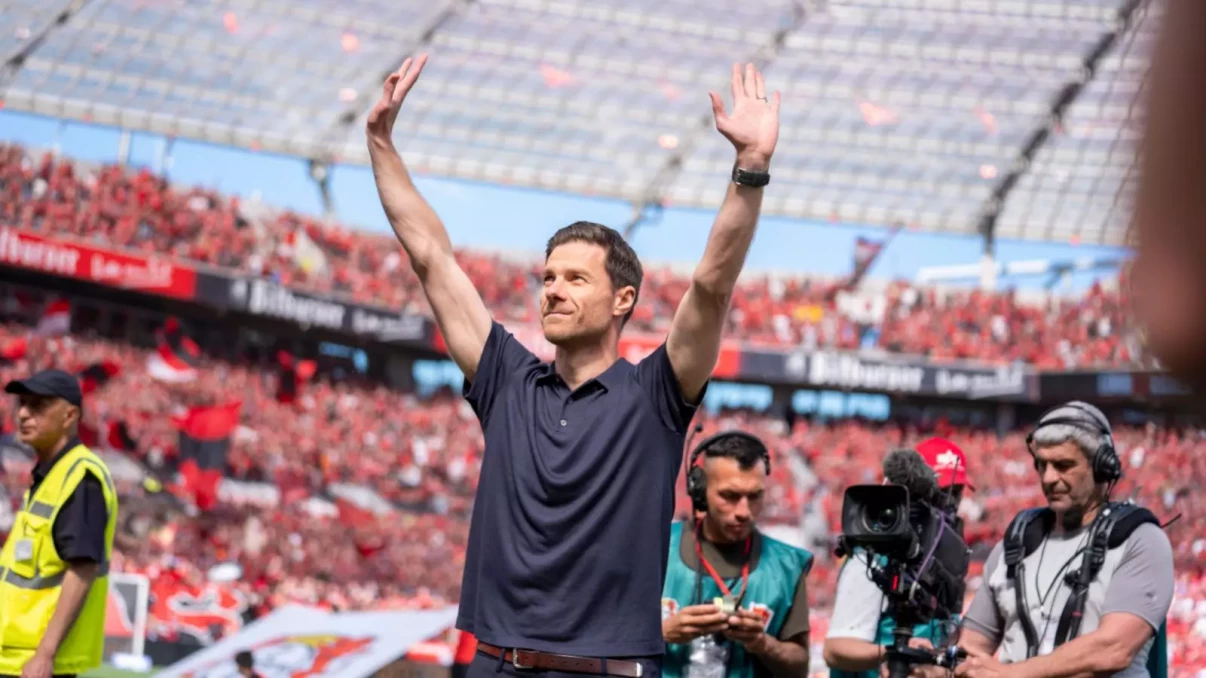
In 2023/24, Bayer Leverkusen made history by winning their first-ever Bundesliga title, a feat that had long eluded them. The team went through the season undefeated, with an unbelievable 28 wins and 6 draws, setting a Bundesliga record. Additionally, Bayer Leverkusen triumphed in the DFB-Pokal, completing a historic double.
The success was built on a solid defense, spearheaded by goalkeeper Lukáš Hrádecký, and a dynamic attacking force led by Victor Boniface and Florian Wirtz. The 2024 season also saw Leverkusen reach the Europa League final once more, losing to Atalanta Bergamo in a thrilling final. Under Xabi Alonso, Bayer Leverkusen finally shed the "Vizekusen" label and established themselves as one of the elite teams in European football.
Bayer Leverkusen's remarkable season in 2023/24 was also highlighted by their longest unbeaten streak in European football, breaking a Juventus record with 49 matches without a loss.

Bayer Leverkusen is primarily owned by Bayer AG, a global pharmaceutical and life sciences company headquartered in Germany. In 1999, Bayer AG established Bayer 04 Leverkusen Fußball GmbH, a company that manages the professional football operations of the club. Due to Bayer AG's long-standing involvement in supporting the club, they were granted an exemption to the 50+1 rule, which typically ensures that a club's majority ownership remains with its members. This exemption, known as the "Lex Leverkusen", allows Bayer AG to maintain full ownership of the club's football operations, unlike most other German clubs, which must maintain a majority of membership control.
Bayer AG holds a 94% stake in Bayer 04 Leverkusen Fußball GmbH, with the remaining 6% owned by a subsidiary, Erste K-W-A Beteiligungsgesellschaft mbH. This structure ensures that Bayer AG has significant influence over the club’s operations, including decisions regarding staffing, finances, and partnerships.
![WerkselfXtra on X: "Bayer Leverkusen are the second fastest growing Football Club brand in the period from 2021 to 2024. [@BrandFinance via @villareport] https://t.co/0ojAtW0KqX" / X](https://pbs.twimg.com/media/GS318rvWQAAKF8U.jpg:large)
Bayer Leverkusen's financial stability is largely driven by its close relationship with its parent company, Bayer AG, which has historically provided financial support. This backing has allowed the club to maintain a strong position within the Bundesliga and European competitions. Over the years, the club has generated significant revenue from matchday income, sponsorships, broadcasting rights, and player sales. Notable player sales in recent years, such as the transfers of Kai Havertz to Chelsea and Julian Brandt to Borussia Dortmund, have contributed to the club’s financial sustainability.
Despite its reliance on Bayer AG, the club has also worked to enhance its financial position through commercial ventures. Their strong performances in European competitions and domestic cup runs have boosted their revenue streams, while the club's brand value has steadily risen, contributing to higher sponsorship and merchandise sales.

Bayer Leverkusen operates with a professional management structure that supports both its sporting and commercial activities. Key leadership roles include:
The overall governance of Bayer 04 Leverkusen remains tightly controlled by Bayer AG through the Gesellschafterversammlung (shareholders' meeting) and the Gesellschafterausschuss (shareholders' committee), which primarily consists of executives from Bayer AG.
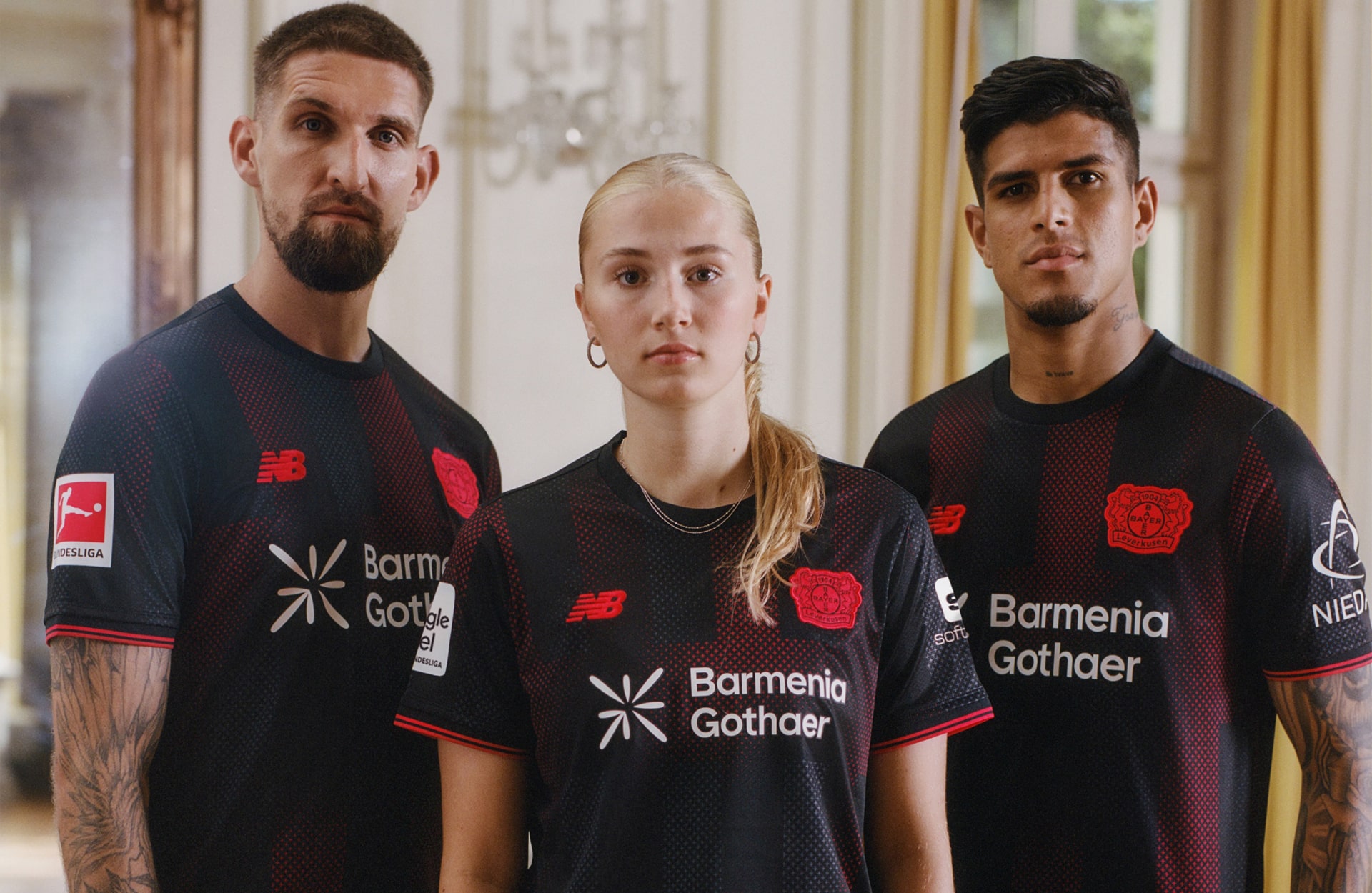
Bayer Leverkusen enjoys several significant partnerships and sponsorships that help finance the club's operations and promote its brand:
The club’s commercial success is also supported by digital partnerships, helping Bayer Leverkusen maintain a strong presence across social media and online platforms. These digital platforms drive additional revenue from digital content and fan engagement.
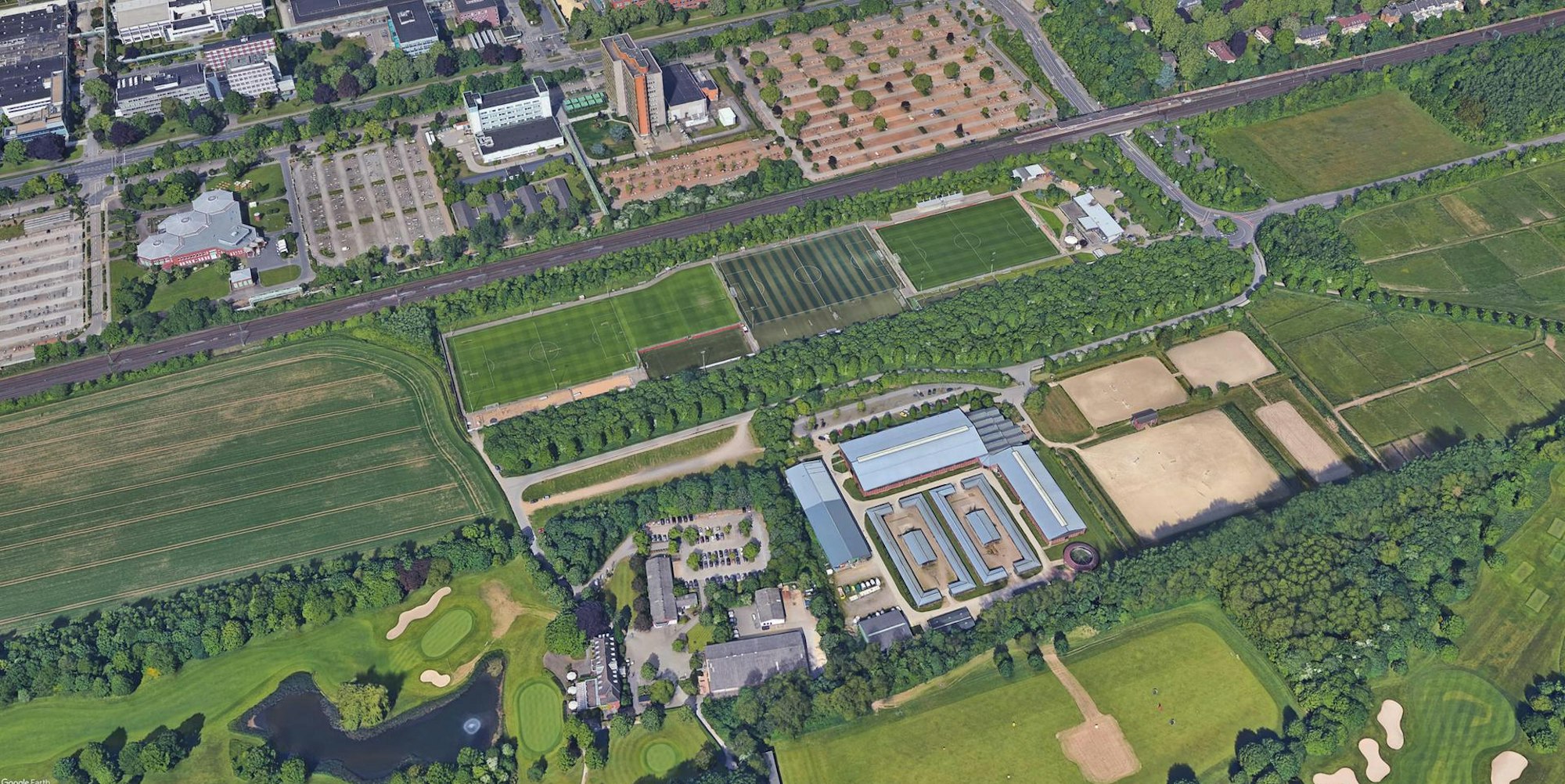


Becoming a leading global provider of digital solutions and services for the sports industry, enabling our clients to achieve their goals and reach their full potential.
We aspire to be a trusted partner and advisor to our clients, leveraging our expertise and passion for sports to help them succeed in a rapidly changing market.






